The Turning of Wheels (1975)
Género : Bélica
Tiempo de ejecución : 0M
Director : Xin Jin, Yiqing Yin
Sinopsis
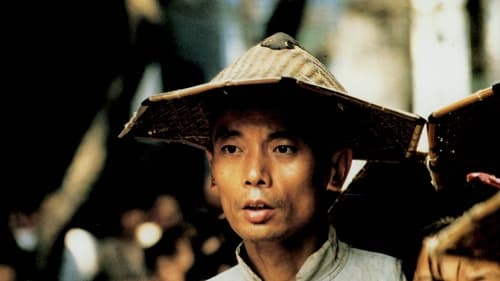
Después de verse obligado a abandonar su casa y su familia por deudas de juego, un hombre rehace su vida como titiritero hasta que se ve envuelto en la revolución maoísta. Cuando consigue volver con su mujer y sus hijos, ya nada es como antes.
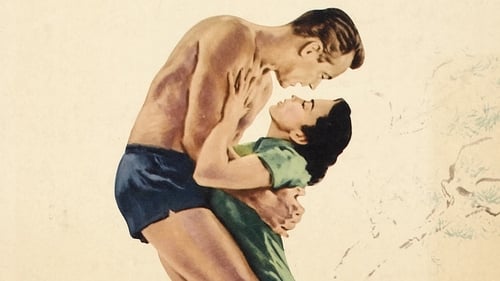
Un corresponsal de guerra norteamericano (Holden) es enviado al este de Asia para cubrir la guerra de Corea (1950-1953). En Hong Kong, conoce a una bella médico euroasiática (Jones). A pesar de las dificultades que supone la diferencia de raza y cultura, entre ambos surgirá una apasionada relación.
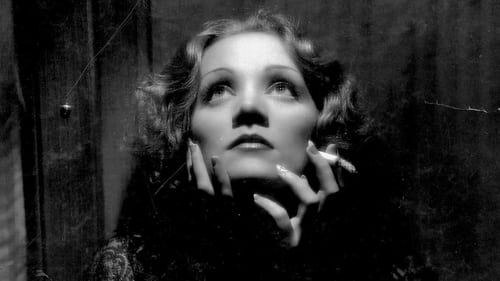
Lily se encuentra en el tren de Shanghai con su antiguo amor, el capitán Harvey. Durante el largo trayecto, rodeados de un grupo de personajes muy variopinto y lleno de vicisitudes, incluyendo el asalto al tren por un grupo de rebeldes, se darán cuenta de que nunca habían dejado de amarse.
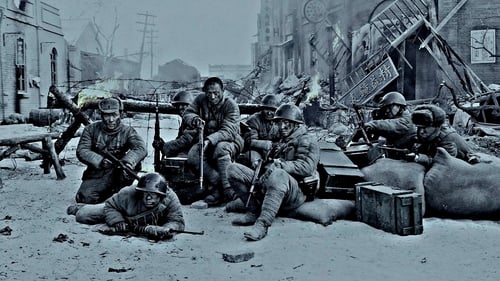
Un soldado intenta ganar el reconocimiento para sus camaradas, muertos en 1984 en la guerra civil entre las fuerzas comunistas y nacionalistas del Kuomintang (KMT)
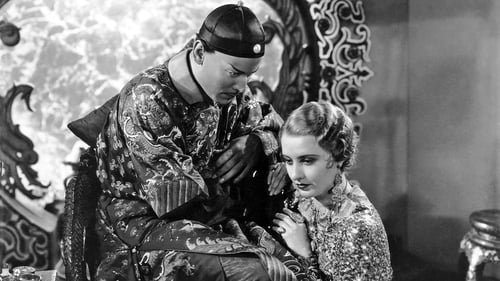
Terminada la guerra civil china, la norteamericana Megan David (Barbara Stanwyck) llega a Shanghai para casarse con el misionero Robert Strike (Gavin Gordon), pero es secuestrada por el general Yen (Nils Asther).
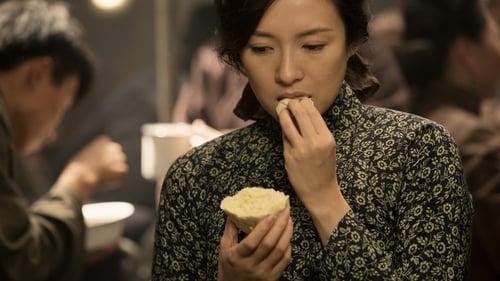
Durante la Revolución China a finales de los años 40, tres parejas huyen de la China continental hacia la isla de Taiwan. Una historia épica basada en el trágico hundimiento en enero de 1949 de un ferry que causó la muerte de más de 1500 personas.
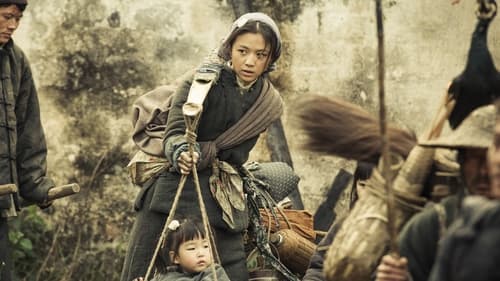
A former spy in the Chinese Nationalist Party falls for an opium-dealing widow, as China is ravaged by war and revolution.
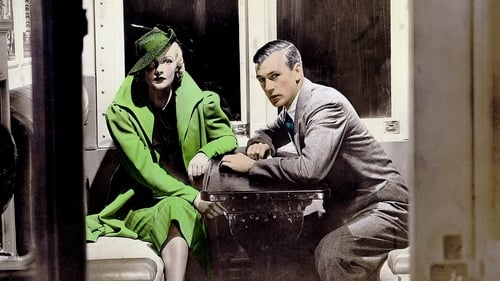
China, años 30, durante la devastadora guerra civil. El general Pen confía a O'Hara, un intrépido aventurero, la misión de proporcionar una gran suma de dinero al señor Wu, con la tarea de comprar armas en Shangai para ayudar a acabar con la tiranía del general Yang, que mantiene toda un provincia sometida a su despiadada bota de hierro.


Mao Zedong was not only a revolutionary leader and thinker, he was also a poet. In poems written in the classic calligraphic tradition he expresses his experiences and visions. In this film, 8 of Mao's poems are sung, recited and interpreted: 'Changsha' (1925), 'Jinggang Mountains' (1928), 'The Long March' (1935), 'Snow' (1936), 'The People's Liberation Army Captures Nanjing' (1949), 'Swimming' (1956), 'Reply to Comrade Guo Moruo' (1961) and 'Reascending Jinggang Mountains' (1965). Through these poems we get a picture of the Chinese revolution from its first beginning in 1921 until the Cultural Revolution. The poems of Mao Zedong have been published in more than 57 million copies

As the Communist Party of China celebrates its 100th anniversary, this documentary looks back at the party’s history, from the 1920’s, to the Civil War, the Great Leap Forward, the Great Famine, the Cultural Revolution and the reforms by Mao Zedong and Deng Xiaoping. Did the Great Famine cost more than 15 million lives? How does the Cultural Revolution continue to shape Chinese politics today? What was capitalism like after Mao’s death? Through rare and never-before-seen historical footage, expert interviews and eyewitness accounts of the Great Famine, Tiananmen incident, and the Cultural Revolution, get to know how one party has so profoundly shaped China.

Set in the anti-Japanese war, a Japanese commander who killed a lot of Chinese receives an order to return to Japan. Scouts from the eighth route army must intercept the executioner before he leaves China.









